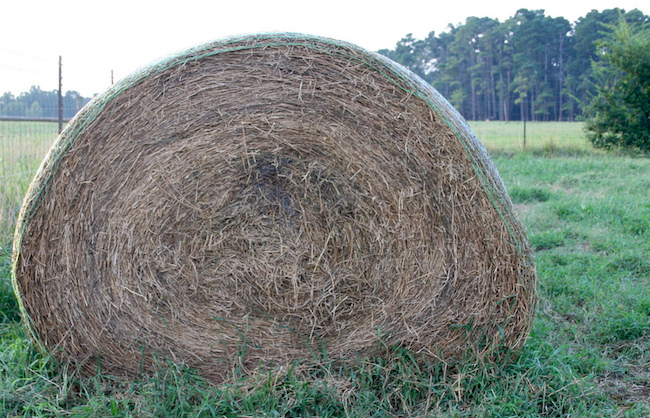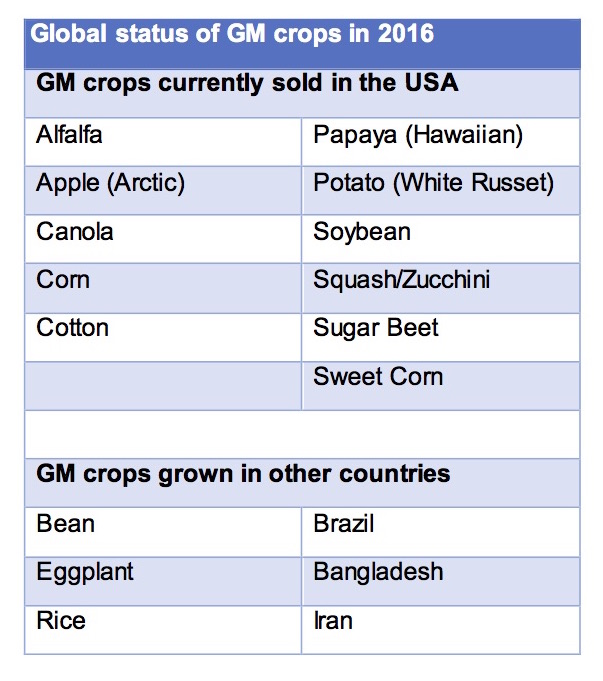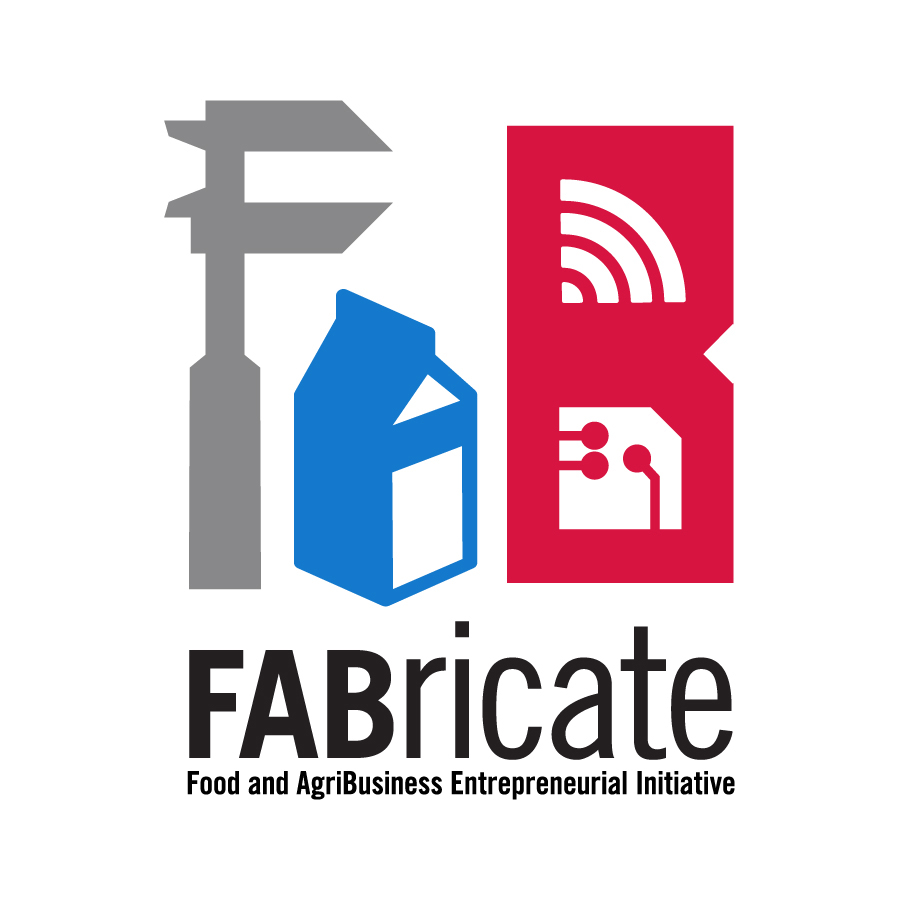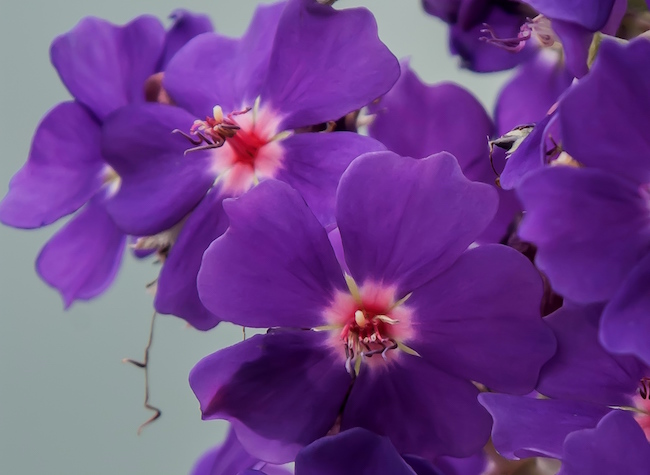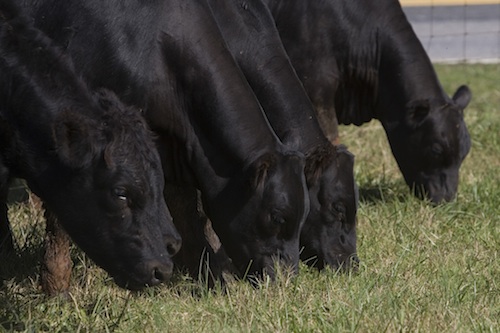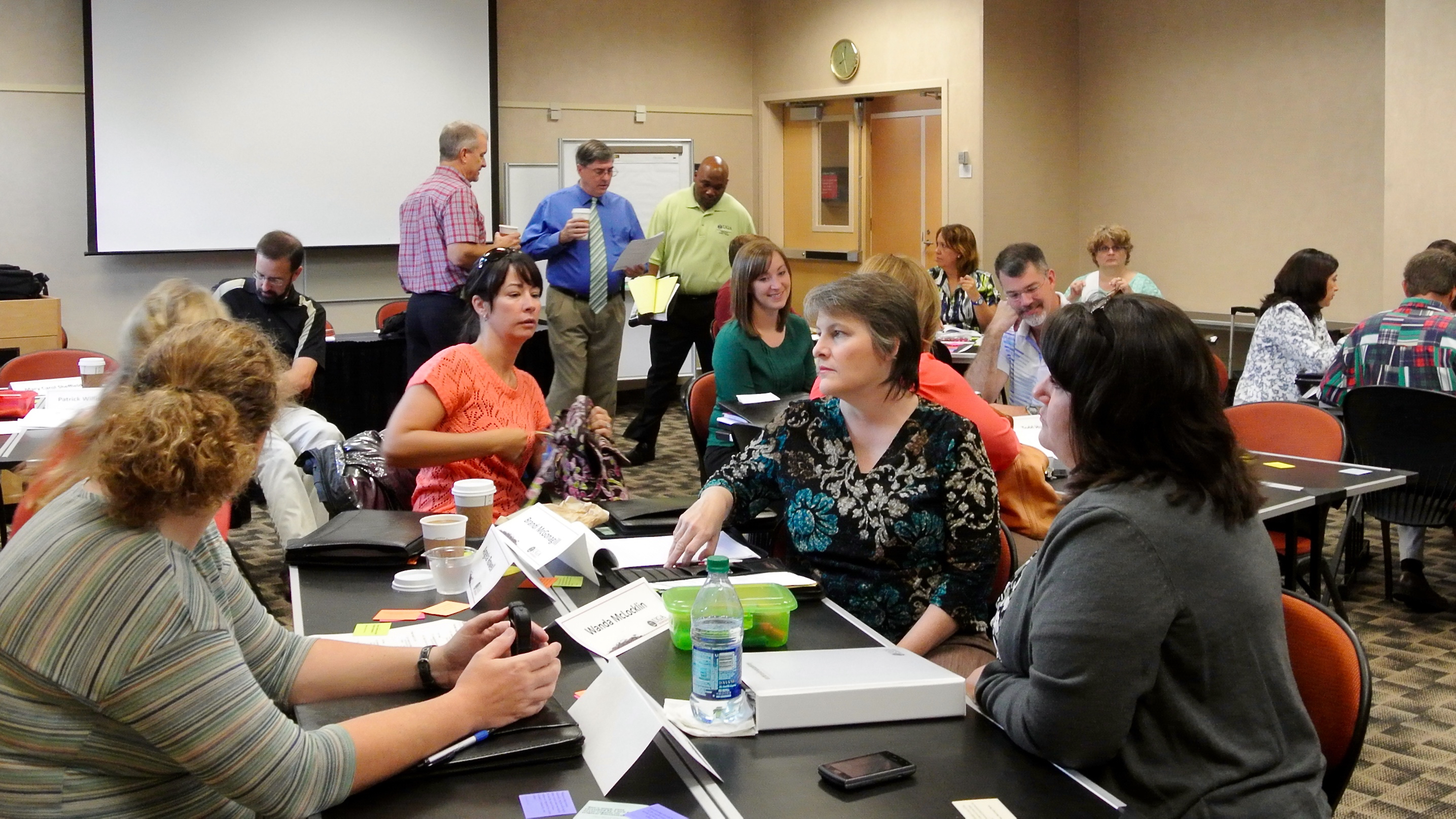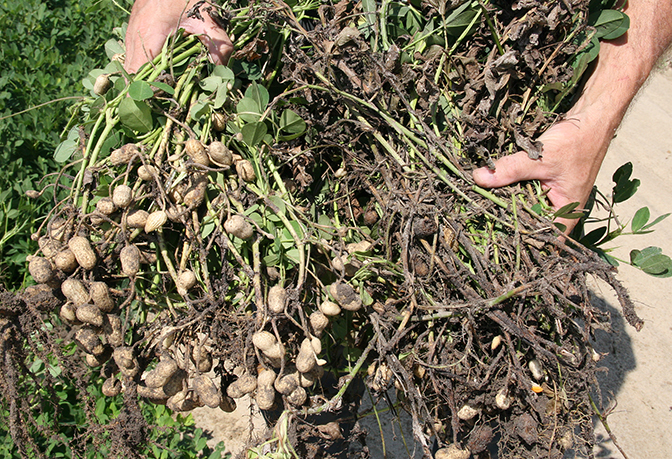 CAES News
CAES News
White Mold Disease
Harvest time may be less than a month away for many Georgia peanut farmers, but University of Georgia Cooperative Extension plant pathologist Bob Kemerait insists there is still time to treat the crop for white mold disease.

